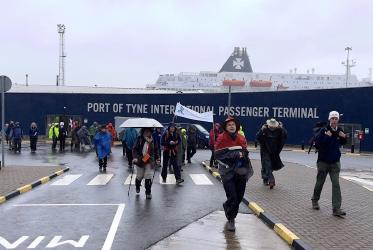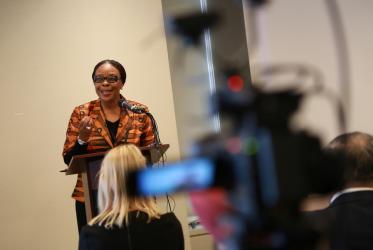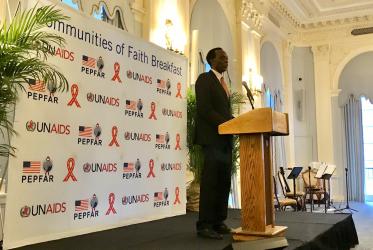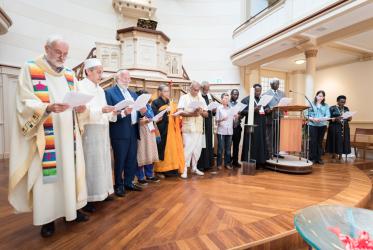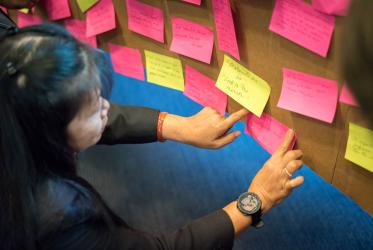Displaying 1 - 20 of 24
What difference does dressing in black make?
02 August 2018
Working toward an AIDS-free generation
26 July 2018
Building bridges of faith in the HIV response
25 July 2018
Building Bridges in the global HIV response
25 July 2018
GETI students plant trees, in service for greener future
07 March 2018
In Zambia, foreign investors complicate “economy of life”
06 September 2017
GEM School: integrating theology and economics
05 September 2017
Zambia: “On HIV, we do not compete. We work together.”
20 October 2016
Kenya: Voice of faith communities crucial in overcoming HIV
14 October 2016

